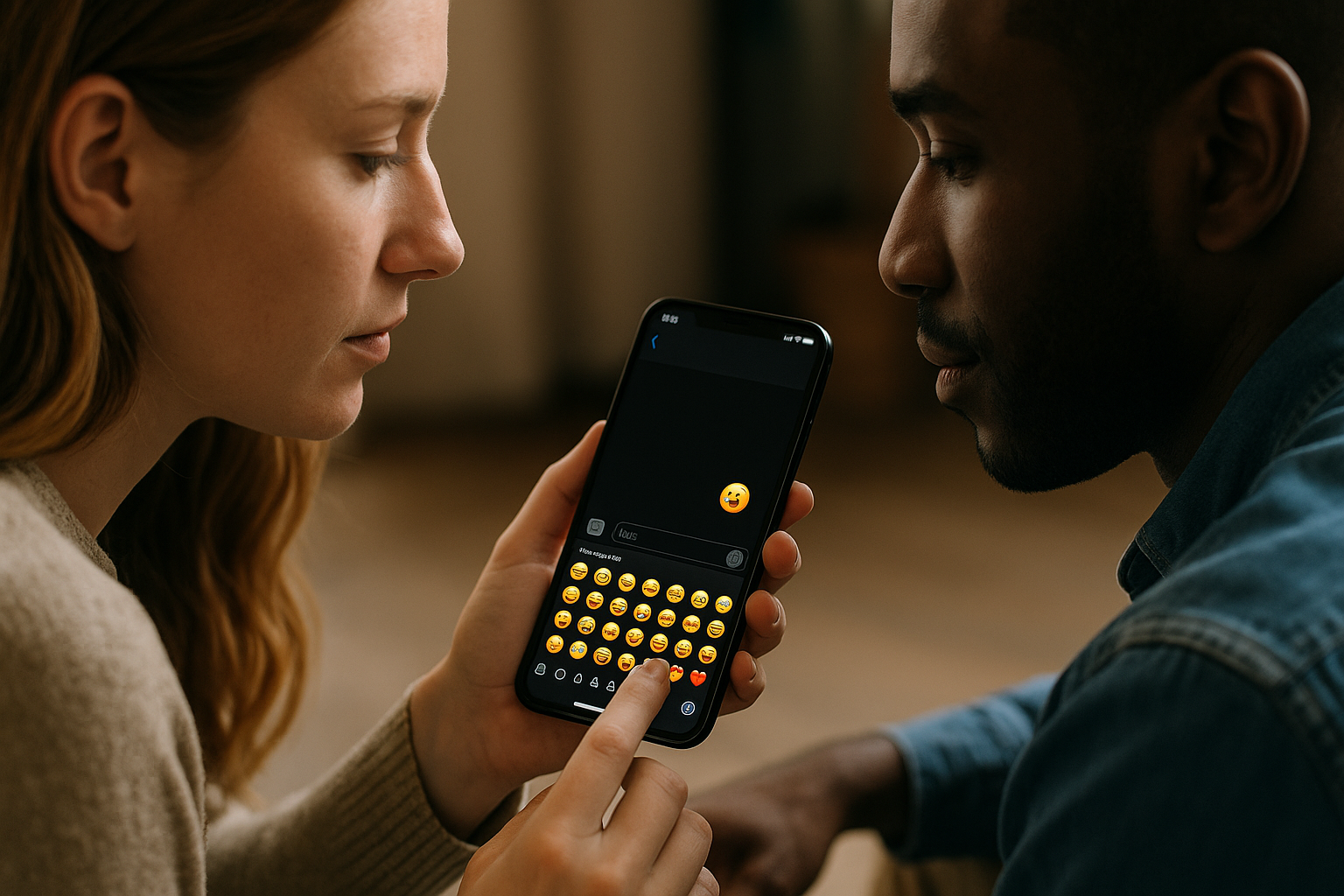Online Dating: Setting Expectations, Communicating Clearly, and Staying Safe
Online dating has transformed how people meet and form relationships, bringing both exciting opportunities and unique challenges. Success in digital romance requires more than just creating a profile—it demands thoughtful preparation, clear communication skills, and a strong awareness of safety practices. Whether you're new to dating apps or looking to improve your experience, understanding how to present yourself authentically, build meaningful connections, and protect your wellbeing can make the difference between frustration and finding genuine compatibility with someone special.

How Can You Create an Engaging Profile That Attracts Quality Matches?
A compelling dating profile starts with recent photos that accurately represent who you are today. Choose images taken within the past year that show your face clearly, include full-body shots, and highlight activities you enjoy. Avoid heavily filtered photos or group pictures where you’re hard to identify, as these can create confusion or unrealistic expectations.
Your bio should be concise yet informative, typically between 100-300 words depending on the platform. Focus on specific details about your interests, values, and what you’re looking for rather than generic statements. Include interest cues that invite conversation by mentioning specific hobbies, books, restaurants, or travel experiences. For example, instead of writing “I love music,” try “Currently obsessed with jazz festivals and learning guitar—always looking for new venue recommendations.”
Keep your tone authentic and positive while being honest about your intentions, whether you’re seeking casual dating, a serious relationship, or something in between. This clarity helps attract people with similar goals and reduces mismatched expectations.
What Message Habits Help Build Trust and Connection?
Effective messaging begins with reading someone’s profile thoroughly and crafting specific questions that show genuine interest. Reference details they’ve shared about their interests, experiences, or photos rather than sending generic greetings. This demonstrates that you’ve taken time to learn about them as an individual.
Pacing plays a crucial role in building trust. Avoid overwhelming someone with multiple messages if they haven’t responded, and respect natural conversation rhythms. Quality matters more than quantity—thoughtful messages that advance the conversation are more valuable than constant check-ins.
Before sharing personal information like your phone number, social media accounts, or workplace details, establish consent by asking if they’re comfortable with that level of information sharing. This respectful approach builds confidence and shows you prioritize their comfort and boundaries.
What Safety Tools Should You Know About and Use?
Every dating platform offers privacy settings that you should configure according to your comfort level. Review these options to control who can see your profile, contact you, or access your location information. Many apps allow you to hide your profile from social media contacts or limit visibility to users within certain parameters.
Familiarize yourself with reporting options available on your chosen platforms. These tools help maintain community safety by flagging inappropriate behavior, harassment, or suspicious accounts. Most reputable dating services take reports seriously and investigate violations of their terms of service.
Learn to recognize common scams that target online daters. Red flags include requests for money or financial information, profiles with limited photos that seem too professional, people who quickly profess strong feelings, or those who refuse to meet in person or video chat. Trust your instincts—if something feels off, it probably is.
How Should You Plan Safe First Meetings?
Always choose public venues for initial meetings, such as coffee shops, restaurants, or popular parks during daylight hours. These locations provide safety through visibility and easy exit options if you feel uncomfortable. Avoid private settings like homes, remote locations, or venues where you might feel isolated.
Inform a trusted friend about your plans, including the person’s name, photo, meeting location, and expected timeline. Consider sharing your location through your phone’s built-in features or checking in at predetermined times. Some people create a code word system with friends to discreetly request help if needed.
Set time limits for first meetings to reduce pressure and maintain control over the situation. A coffee date or lunch naturally has defined endpoints, making it easier to leave gracefully whether the meeting goes well or poorly. This approach also prevents awkward situations if there’s no chemistry.
How Can You Maintain Healthy Expectations Throughout the Process?
Online dating requires patience and resilience. People have varying response times due to work schedules, personal commitments, or communication preferences. Avoid taking slow replies personally, and don’t assume silence indicates rejection—sometimes people are simply busy or overwhelmed by multiple conversations.
When someone declines to continue communication or meet in person, accept their decision gracefully. Respond politely or simply don’t respond at all rather than arguing, demanding explanations, or becoming hostile. Remember that rejection is often about compatibility rather than personal inadequacy.
Moving on respectfully means accepting that not every connection will develop into something meaningful. This is normal and expected in online dating. Focus on learning from each interaction and maintaining a positive attitude toward meeting new people. Quality connections often require patience and multiple attempts.
Conclusion
Success in online dating comes from balancing optimism with realistic expectations while prioritizing safety and authentic communication. By creating genuine profiles, messaging thoughtfully, utilizing available safety tools, planning secure meetings, and maintaining healthy perspectives on the process, you can navigate digital romance more confidently. Remember that finding meaningful connections takes time, and each interaction—whether it leads somewhere or not—provides valuable experience in understanding what you truly want in a relationship.




